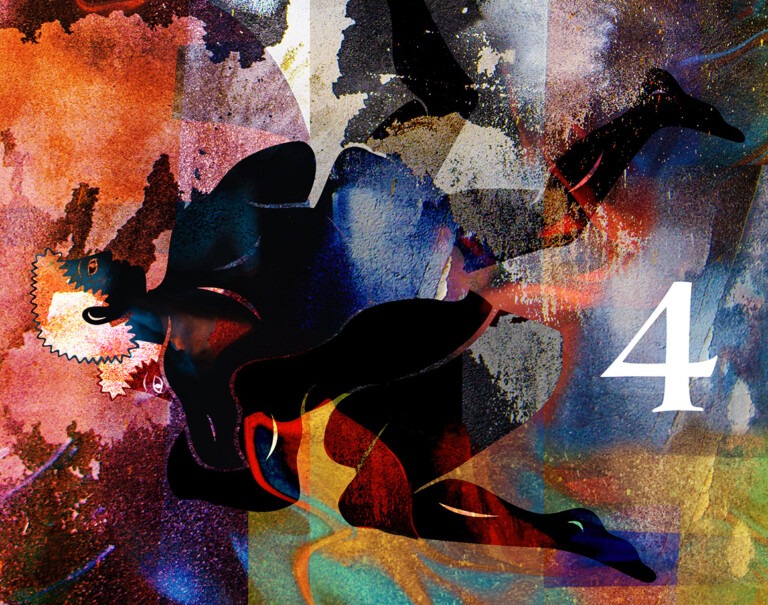I am now 60 years old. It is only in the last five years that I have allowed myself to wonder whether most of the key decisions in my life have been influenced by my inner denial that I was disabled, my battle with being different, my various compensations and my lack of self-worth.
Specifically, I know that my disability was why I ended up choosing the wrong degree at university. It is a very long story, but I was restricted in my access to education, had no careers guidance as a result, and had been convinced by my mother that the only suitable career open to me involved finance. I also wonder whether my disability led me to desire ordination within the Christian context in which I found acceptance and affirmation. I convinced others it was ‘the call of God’, but I’m really not sure what that means any more. My fear of being rejected influenced views about marriage and my fear of children nearly led to me missing the joys of fatherhood.
My disability may make me distinct from you, but I can guarantee that many of your choices have also been influenced by positive coincidences and challenging accidents in just the same way as me.
I am a heterosexual male who has absolutely no awareness of what it may feel like to be anything different. I am aware, however, that my understanding of myself as a sexual being has been shaped, limited, channeled and damaged by my lack of self-awareness, my moral weakness, brokenness and poor choice. I can also imagine different circumstances in which I may have made different assumptions about who I am and how I wish to live. Maybe I am able to imagine because in recent years I have become that much more aware of my own brokenness through my acceptance that I was disabled.
I have my opinions about the questions of gender identity that have become more prevalent over the last few decades. Lots of opinions, but they are mine and I’ll keep them to myself. The point is that they are theories, untested by life, and I do not have to live with the consequences.
My most profound discovery of recent years is that there is no such thing as normal, just as there are no straight lines in nature. The Pharisees in Jesus’ day had very fixed views on everything – essentially driven by the conviction that God would rule on behalf of his people when others got everything right (they were sorted already). This is why they were so hard, driven and… wrong. Today, someone who is fixed in certain opinions about the way others should live would be regarded as bigoted, and questions would rightly be asked about their mental health. I have recent experience of a profound need to control every aspect of my immediate environment during a time of profound shaking in my own life, and I now consider myself ‘recovered’ from the trauma and able to embrace nuance again.
Jesus tells us he only did what the Father wanted, and yet could deal with complexity, failure, difference, ambiguity and nuance. Nothing was taboo and he seems to have demonstrated no need to make others agree with him – in fact, he was often far more interested in making people think than in telling them his opinion.
So, a woman who had been hiding due to her deep shame brought on herself by her circumstances, and maybe her own poor choices, found acceptance from Jesus and announced her discovery to the world. I like to think she made better choices as a result, but the writer of her story felt no need to make it a morality tale.
A thematic study on ‘judgement’ teaches that God alone has the right to make judgements but entrusts his son. Jesus could, but refuses to do so. We are forbidden from making judgements about others and told we will face judgement ourselves if we do. I suggest that one of the judgements it is dangerous to make is whether or not others are offending God. We use the phrase ‘love the sinner but hate the sin’. I reject that maxim as unbiblical and insist it is psychologically impossible to do both at once.
We are all broken, but most of our brokenness is hidden. The writer of Leviticus tells us that visible deformity was offensive to God. Is this because he himself was offended? I’m not sure if I want to go that far, but others do and I sympathise. I think the proud and the wife-beaters should also have been prevented from entering the Temple, but they aren’t as easy to identify. I’m not sure there is a right way to understand God, or just one way of reading scripture. Not in the real world as it really is. But I do know that my brokenness is being redeemed, my mistakes are steps in my journey to better self-understanding, and that others who are broken in different ways to me are my companions on the journey. That should rule in all who are committed to growth in Christlikeness and be enough for any of us.



